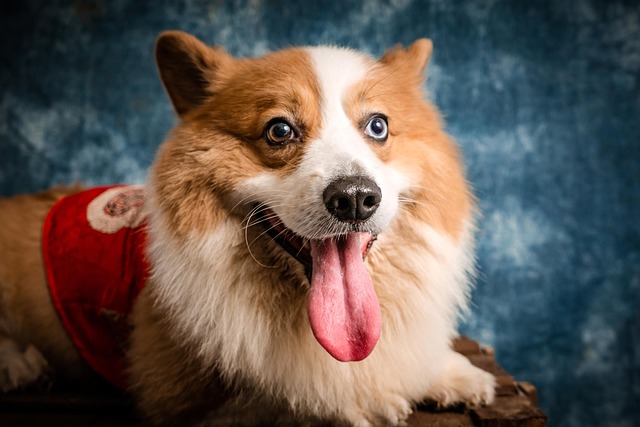
How do i train my dog to be obedient?
Watching your dog dart across the park ignoring your calls isn’t just frustrating—it can put them at risk near busy streets or public spaces.
That moment you discover a new puddle on your floor can be frustrating, but remember, your puppy isn't being naughty—they simply don't know where they're supposed to go yet. House-training is ultimately a lesson in timing, consistency, and biology. A puppy's bladder is tiny and their control is still developing; a general rule is they can hold it for about one hour for every month of age, plus one. So, a two-month-old puppy likely needs a potty break every three hours, including throughout the night. The key scientific principle here is maximizing opportunities for success. You need to get them outside to their designated potty spot before they have an accident inside. This allows you to richly reward the behavior you want, which is the core of positive reinforcement training.
Your success hinges on a strict schedule and vigilant supervision. Take your puppy out first thing in the morning, immediately after they eat or drink, after a vigorous play session, after a nap, and right before bedtime. Always go to the same spot in your yard or on your curb; the scent will trigger their instinct to eliminate. The moment they start to go, use a gentle, specific cue like "go potty." Then, the very second they finish, celebrate with enthusiastic praise and a high-value treat they only get for this success. If you catch them in the act inside, interrupt them with a neutral noise like "oops!" and quickly carry them outside to finish. Never punish them for an accident you find later; they cannot connect the punishment to the act, and it will only teach them to be afraid of you. This force-free, reward-based method is the modern standard for building trust and effective learning.

This process is your first major responsibility as a pet owner and it deeply connects to your role in the community. Those frequent trips outside mean you'll be a visible presence in your neighborhood or apartment complex. This makes it absolutely essential to always have a roll of waste bags on you to clean up immediately—it's not just common courtesy; it's the law in most U.S. municipalities. Furthermore, until your puppy is fully vaccinated (including the legally required rabies shot and the full DHPP series your vet will recommend), you must carry them to their potty spot in public areas to minimize exposure to parasites or viruses. For apartment dwellers, this might mean using a small patch of artificial turf on a balcony for late-night emergencies. By being consistent with your training and conscientious with your clean-up duties, you're not just house-training your puppy; you're raising a well-adjusted dog and establishing yourself as a respectful neighbor.

Watching your dog dart across the park ignoring your calls isn’t just frustrating—it can put them at risk near busy streets or public spaces.

New puppy owners often find themselves rushing to clean up accidents before they set in, and that’s where puppy pad training becomes a game-changer.

If you've noticed your dog's waistline disappearing and your veterinarian has mentioned those few extra pounds, your first instinct might be to simply reduce the amount of food in their bowl.

Training a dog to use a designated spot indoors isn’t as daunting as many new owners fear, but it does take consistency and an understanding of your pet’s needs.

That moment of dread on a walk is all too familiar for many new dog owners. You see another dog approaching down the sidewalk of your neighborhood

If the sight of another dog on your neighborhood walk makes your heart sink as your own dog erupts into a frenzy of barking and lunging, you're not alone.